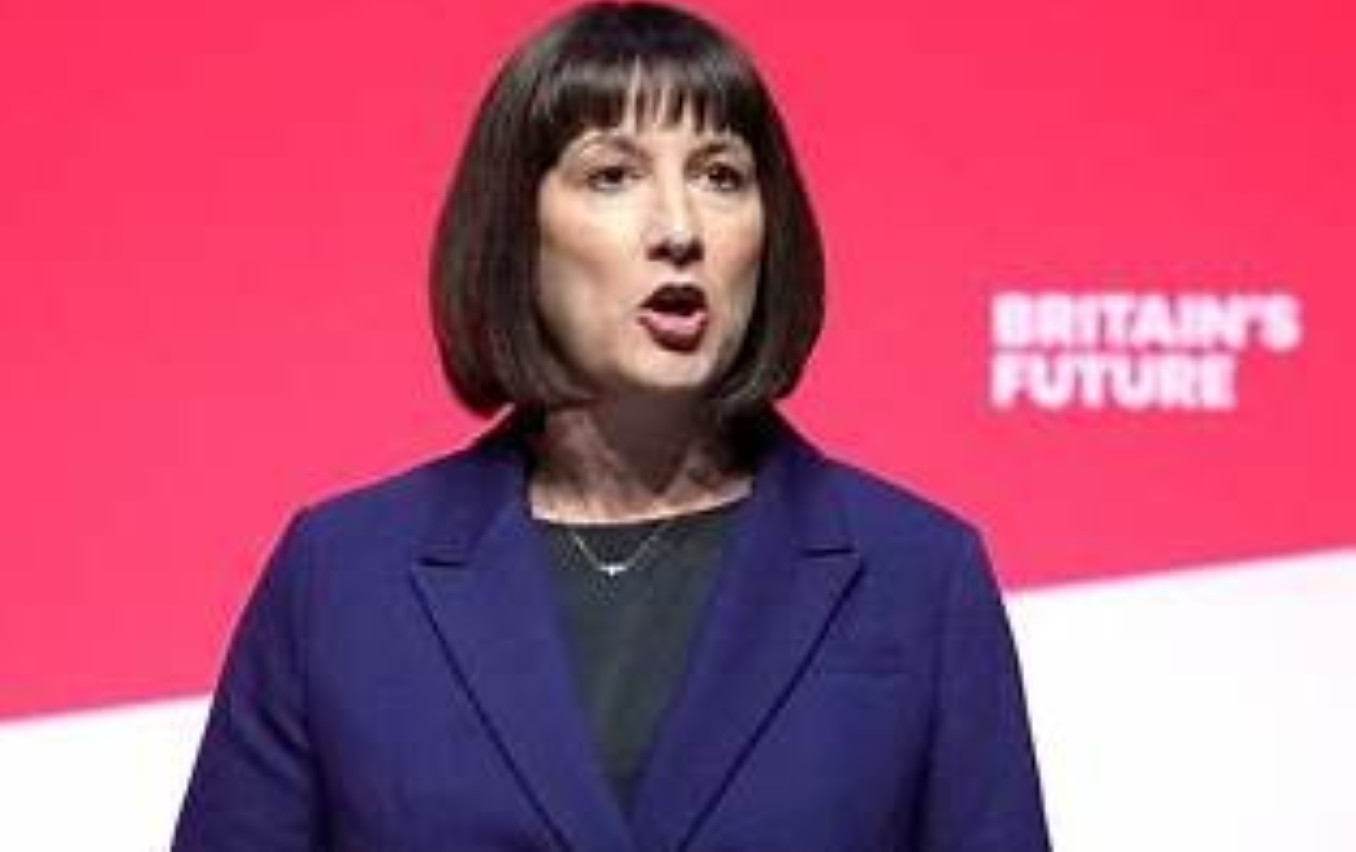Visa Stock Analysis: Is Visa a Strong Opportunity Ahead of Q4 Earnings?
$325.48
28 Jan 2026, 19:25

ChatGPT

Unexpected Decline Raises Alarm Over Economic Outlook
The UK economy shrank by 0.1% in January, delivering an unexpected blow as economists had forecast slight growth. According to the Office for National Statistics (ONS), this decline followed 0.4% growth in December, reinforcing concerns over weak economic momentum.
A slowdown in manufacturing, oil and gas extraction, and construction were the primary drivers of the contraction. However, the services sector continued to grow, with retail and food sales performing strongly as people spent more on eating at home.
What’s Behind the Economic Slowdown?
The contraction comes at a critical time for Chancellor Rachel Reeves, who faces mounting pressure to steer the economy towards sustainable growth. Several factors are contributing to the challenging economic climate:
Liz McKeown, Director of Economic Statistics at the ONS, acknowledged the mixed economic picture, stating:
“The economy shrank slightly in January but showed growth over the past three months. While manufacturing struggled, services remained strong, particularly in retail.”
Chancellor Reeves Faces Growing Pressure
The economic contraction is a fresh challenge for the Labour government, which has pledged to prioritise growth and economic stability. However, with businesses bracing for higher tax burdens and economic uncertainty mounting, critics are urging the Chancellor to rethink her strategy.
Conservative MP Mel Stride accused Labour of damaging the economy with tax hikes and excessive regulation, stating:
“Labour inherited the fastest-growing economy in the G7, but confidence has collapsed, and jobs are being lost.”
With the Spring Statement approaching, Ms Reeves must navigate these headwinds carefully, balancing public spending commitments with business-friendly policies to revive confidence in the UK economy.
What’s Next for the UK Economy?
The independent Office for Budget Responsibility (OBR) is expected to downgrade its growth forecasts in the coming weeks, adding to concerns that the economy could remain stagnant for much of 2025.
Despite these challenges, the government insists that its long-term economic plan will lead to recovery, focusing on investment, job creation, and fiscal responsibility.
Conclusion: A Pivotal Moment for UK Growth
The January contraction is a warning sign that the UK economy remains fragile. While some sectors, like retail, are holding up, manufacturing and construction remain under pressure.
With rising business costs, household financial strain, and global uncertainty, the coming months will be critical for economic recovery. The government’s ability to adapt its fiscal strategy could determine whether the UK returns to sustainable growth—or risks a prolonged slowdown.
As businesses and consumers brace for further challenges, all eyes will be on the Chancellor’s Spring Statement to see how she plans to steady the ship and drive economic confidence forward.
Sources: (SkyMoney.com, FT.com)